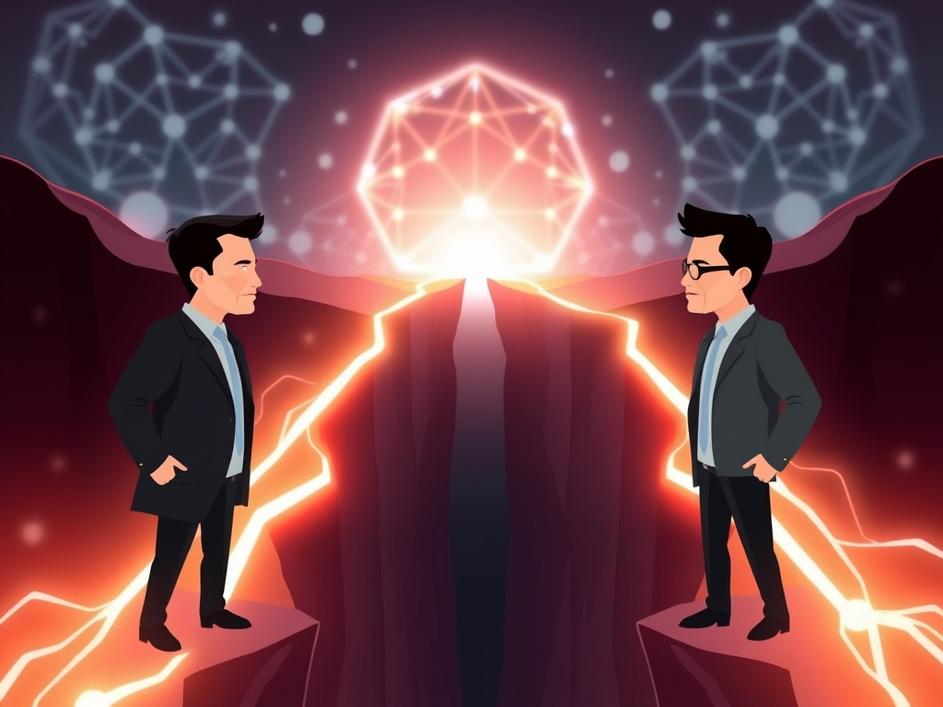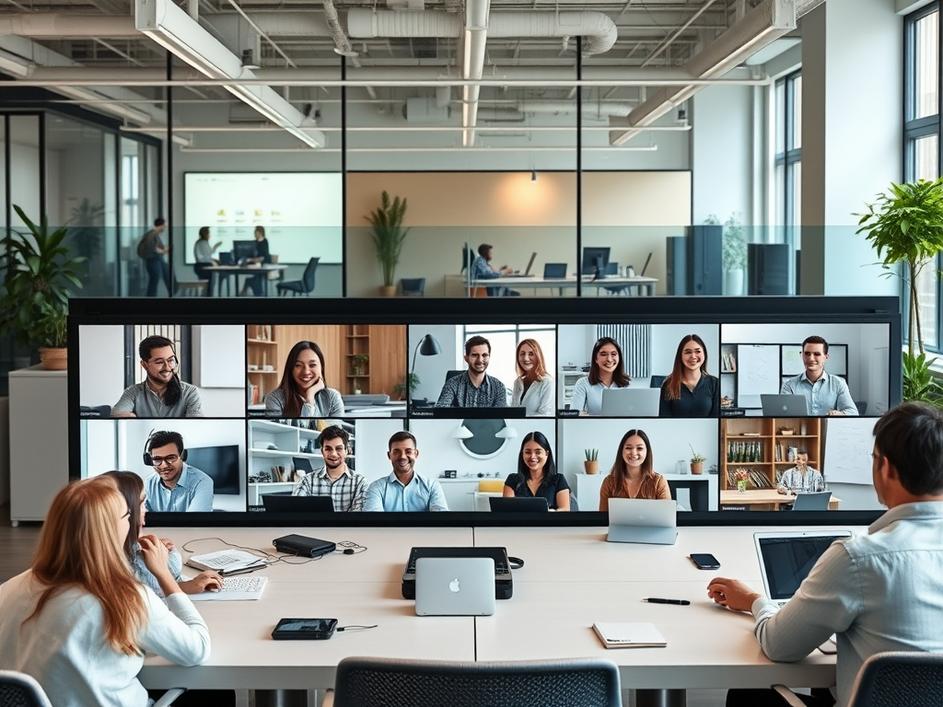


We are a digital agency helping businesses develop immersive, engaging, and user-focused web, app, and software solutions.
2310 Mira Vista Ave
Montrose, CA 91020
2500+ reviews based on client feedback

What's Included?
ToggleElon Musk and Sam Altman, two of the biggest names in the tech world, are at it again. It”s like watching a high-stakes chess match play out on social media, but instead of bishops and knights, they”re using pointed remarks about who built what in the world of artificial intelligence. Their latest jabs bring up old wounds from the early days of OpenAI, the company they both helped kick off. This isn”t just a simple disagreement; it”s a deep dive into the hearts of two men who shaped, and continue to shape, how we think about AI. Their public back-and-forth isn”t just entertainment; it reflects a long-standing philosophical divide that has huge implications for the future of AI development.
Back in 2015, the idea of OpenAI was born from a mix of big hopes and worries. Imagine a bunch of smart people, including Elon and Sam, sitting down, feeling a bit nervous about where AI was heading. They saw the amazing potential but also the scary risks. So, they decided to create something different: an AI lab that was “open.” The goal was to make sure powerful AI tools were developed for everyone”s good, not just for a few rich companies or governments. It was meant to be a non-profit, a shared project where safety and public benefit came first. Elon put in a lot of money and energy in those early days, pouring in millions. He believed deeply in the mission to keep AI development transparent and away from becoming a runaway force, something he often warned about. He was a key figure, pushing the vision of a benevolent AI that served humanity rather than just corporate interests.
Things didn”t stay rosy for long. Even with such a grand vision, different ideas about how to get there started to clash. Elon, always one to speak his mind, felt the company wasn”t moving fast enough, or maybe that its direction was straying from its original open, non-profit roots. He stepped away from the board in 2018. Over time, OpenAI, under Sam Altman”s leadership, started shifting. It moved from a purely non-profit model to a “capped-profit” one, allowing it to raise massive amounts of money and build things like ChatGPT. This change, while making OpenAI a powerhouse, also seemed to push it further from that initial “open” and non-commercial ideal that Elon had championed. It became a choice between pure research for public good and building world-changing products with huge financial backing. This fundamental disagreement set the stage for years of tension.
Fast forward to today, and the past is very much alive. Sam Altman recently dropped a comment on X, saying that Elon pretty much “left OpenAI for dead” when he walked away. It was a direct hit, suggesting Elon lost faith or pulled support when the going got tough. Elon, not one to let a comment slide, has often fired back, questioning OpenAI”s current leadership and its shift from a non-profit. He”s been vocal about his concerns that the company isn”t as “open” as its name suggests, and that it”s become too corporate, too focused on profits rather than its founding ideals. This isn”t just two old colleagues reminiscing; it”s a public airing of grievances, playing out for millions to see. It shows that even years later, the hurt feelings and differing views about OpenAI”s core purpose are still very real for both of them, bubbling up in every casual exchange.
What we”re seeing isn”t just about two powerful men with big egos, though there”s definitely some of that. It”s a reflection of deeper questions about how we build and control AI. Is it better for AI development to be open and slow, prioritizing safety above all else, even if it means less rapid progress? Or do we need rapid innovation, even if it means some commercialization to fund the immense costs of cutting-edge research? Elon often champions the former, worried about unchecked AI power and the potential for a super-intelligent AI to harm humanity. Sam, while also stressing safety, has pushed a model that allows for faster development and wider deployment, believing that widespread access to AI can also be a force for good. This back-and-forth highlights the ongoing, critical debate within the tech world: how do we balance progress with responsibility? Their personal history just makes these big, important questions feel more dramatic and relatable, turning an abstract ethical dilemma into a very public personality clash.
This public spat reminds us that the story of AI is still being written, often with sharp disagreements among its pioneers. These aren”t just technical arguments; they”re arguments about values, about the future of humanity itself. Both men, in their own ways, have contributed massively to getting AI where it is today. And both genuinely believe their path is the right one. The drama unfolding on X isn”t just entertainment; it”s a window into the complex, often messy process of creating technology that could change everything. It”s a reminder that even the biggest dreams can lead to the biggest disagreements, especially when the stakes are as high as the future of intelligence itself. As AI gets smarter and more integrated into our lives, these kinds of debates will only get more intense, demanding that we all pay attention to the underlying philosophies at play.
So, what does all this bickering mean for us? It means the future of AI is still very much a hot topic, full of strong opinions and big personalities. It shows us that even with the best intentions, building something world-changing is hard, and people will disagree passionately about the right way forward. For anyone watching from the sidelines, it”s a valuable lesson: innovation isn”t always smooth, and sometimes the biggest battles are fought not in labs, but in public, over the very soul of a company. As AI continues its rapid march, the decisions made today, and the philosophies guiding them, will shape our tomorrow. And it seems Elon and Sam will continue to be vocal participants in that shaping, whether they agree or not, ensuring that the foundational debates about AI remain front and center for years to come.



Comments are closed